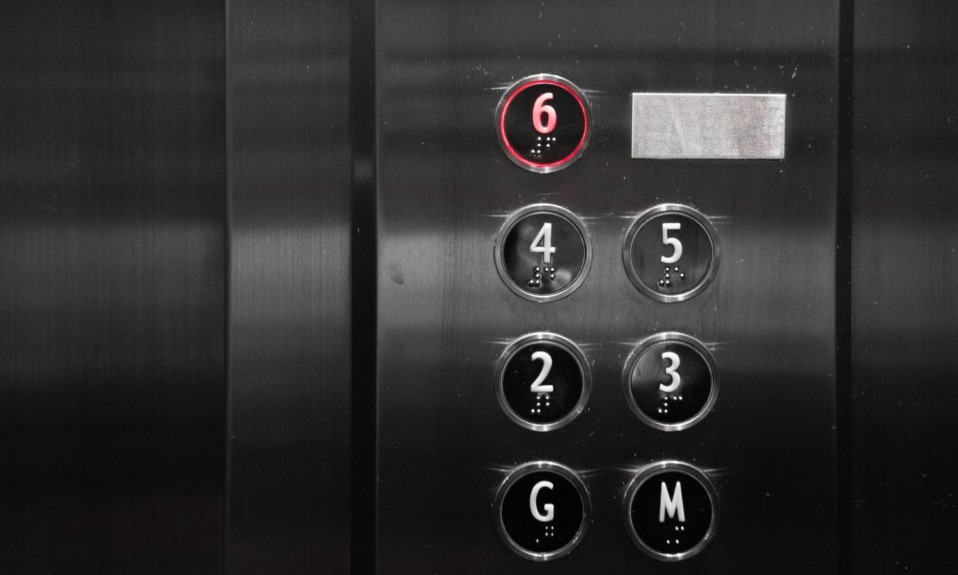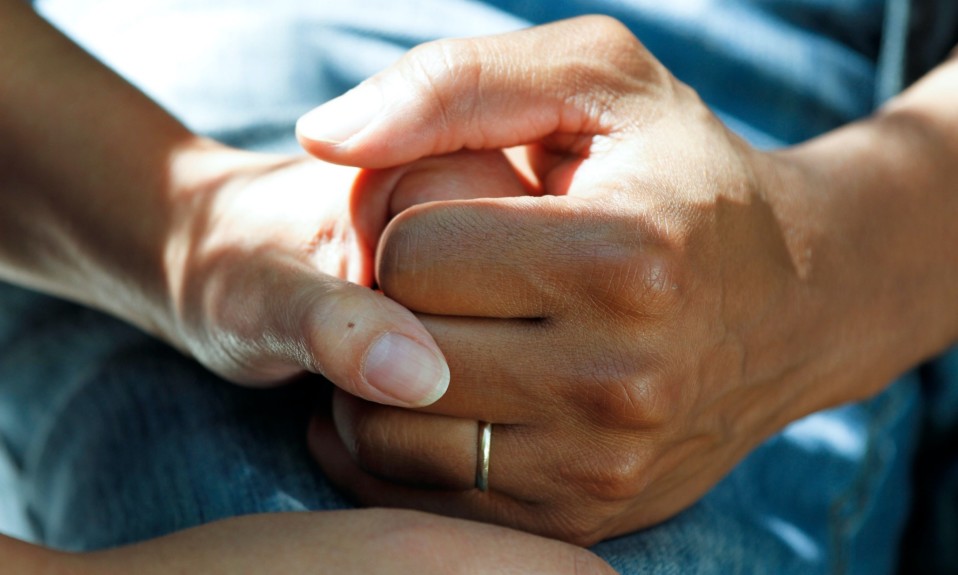Resources to help newcomers to addiction and treatment get started
By Jason Langendorf
September 2, 2020The history of addiction as a treatable disease is a relatively short one. And during much of that time, the basis of care has been built on the perception of addiction as a binary debate: nature versus nurture. We know now that substance dependence and behavioral addiction, like other mental health disorders, represent complex challenges whose roots can rarely be traced in a single, straight line.
It stands to reason that a multifaceted, labyrinthine disease such as addiction might require many treatment approaches. Rigid in-patient programs and one-size-fits-all therapies are effective only for some, leaving a huge percentage of those in need of alternative treatments on the outside looking in. And identifying an effective means of individualized care is merely the first step: The rates of treatment entry are generally discoursing, and according to a published study from the National Center for Biotechnology Information (NCBI), “the barriers that interfere with treatment entry are a part of most substance abusers’ lifestyles, as well as the substance abuse treatment system.”
Once an individual acknowledges their situation and becomes open to—or even simply curious about—treatment options, online resources can help them overcome the next greatest barriers: shame and fear.”
In other words, the very things that fuel addiction may also be the obstacle that would keep an individual from seeking or accepting treatment for that addiction. One form of this phenomenon, according to Adi Jaffe Ph.D., is attributed to the addiction Pygmalion Effect. Jaffe explains, “When someone takes on the role of an ‘addict’ or ‘alcoholic,’ they will continue to be seen as one, by themselves and others, even when this label no longer applies. And unfortunately, the way we see ‘addicts’ in our culture, we tend to believe that this particular label supersedes nearly all others in its relevance and impact.” The result: a cycle of hopelessness that can lead a person to end their search for treatment before it begins.
A growing cache of easily accessible information, however, is cutting through some of the typical barriers to addiction treatment entry. Online resources, whether as a starting point or as part of a comprehensive plan, are increasingly considered a viable treatment tool.
Among the three most prominent reasons a person doesn’t seek treatment for addiction, denial is the strongest influencer. Someone who doesn’t believe they’re suffering from addiction is highly unlikely to explore treatment options, let alone engage with them. But it’s possible that a growing public acceptance of addiction as a disease and the diminished stigma of mental health disorders may help lower the guard of a person in active denial. And once an individual acknowledges their situation and becomes open to—or even simply curious about—treatment options, online resources can help them overcome the next greatest barriers: shame and fear.
Because online resources require only a computer or smartphone and a WiFi connection, a person considering addiction treatment can browse materials and options under something close to ideal circumstances—patiently and privately. Those skeptical of the efficacy of treatment, those who believe they can’t spare the time even for outpatient care, and those who dread the cost and difficulties of admission associated with treatment facilities can learn more about each and find alternatives with a few keystrokes into a search engine. With multiple generations having been conditioned how to find nearly anything through Google, even those utterly unfamiliar with addiction treatment should know where to start. If you can track down a suitable chiropractor or pizza joint, you instinctively know how to find a host of addiction treatment options.
But what to do with all that information? As mentioned, an effective treatment tool for one person may be ineffective, or even counterproductive, for another. And determining which of those resources is optimal for any given individual comes with its own set of problems: “Static characteristics such as age, sex, and educational level,” according to the NCBI study, “have weak and inconsistent associations with barrier factors.” Addiction treatment is a highly personal affair. Online resources, at the very least, allow for comprehensive searches, specialized assistance and objective analysis, all processed at an individual’s preferred pace, with no fear of judgment or reprisals.
Below you’ll find a range of resources that provide a start:
Educational materials. Overviews, pamphlets and online courses covering the nature of addiction and detailing treatment options are widely available on the internet. Find videos (in both English and Spanish) that explain brain development and addiction. Get specialized information and care, from help for adolescents to culturally sensitive treatment materials and support for mothers who lack childcare services. Focus on .org and .gov sites for the most objective, accurate information.
24/7 confidential live chat. Many organizations feature websites offering one-on-one chats for those seeking treatment information or support. (Be wary of any specialist or expert who recommends or pressures for an immediate admittance, especially to a specific facility.) In more urgent situations, or for a more personal interaction, a number of national helplines are available. Try starting here.
Online support groups. This form of group therapy has been beneficial for many people, as participants share and encourage in supportive social settings. Keep in mind that online support groups are not a substitute for professionally guided therapy, and be aware of the usual caveats surrounding online social interactions.
Locate facilities. To find addiction care facilities near you or nationwide, SAMHSA has numerous resources. Narrow your search by substance, type of care or specialized facilities (such as veteran care). Experiencing a crisis or emotional distress? Call the SAMHSA Suicide Prevention Lifeline immediately at 1-800-273-8255 or visit suicidepreventionlifeline.org.














